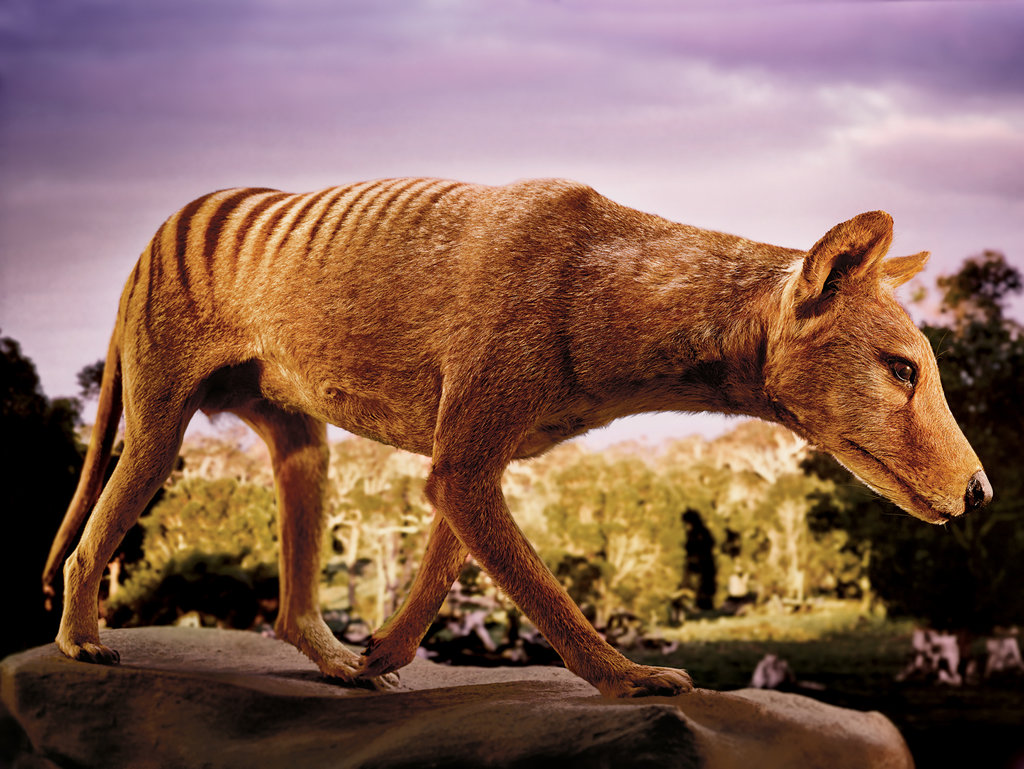
By way of Follow Me Here, the NYT’s Nathaniel Rich examines the promise, challenges, and ethics of reviving extinct species, and beyond:
“What is coming will go well beyond the resurrection of extinct species. For millenniums, we have customized our environment, our vegetables and our animals, through breeding, fertilization and pollination. Synthetic biology offers far more sophisticated tools. The creation of novel organisms, like new animals, plants and bacteria, will transform human medicine, agriculture, energy production and much else. De-extinction ‘is the most conservative, earliest application of this technology,’ says Danny Hillis, a Long Now board member and a prolific inventor who pioneered the technology that is the basis for most supercomputers.”
